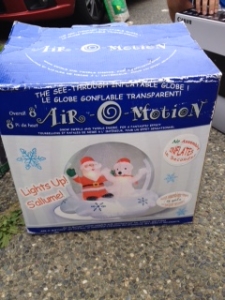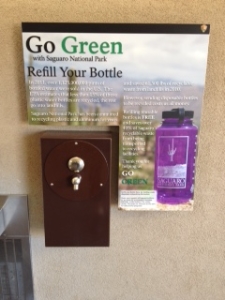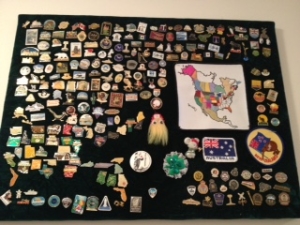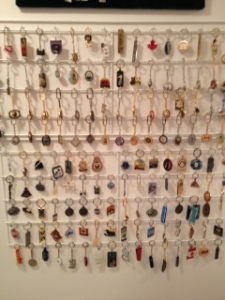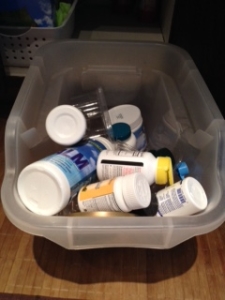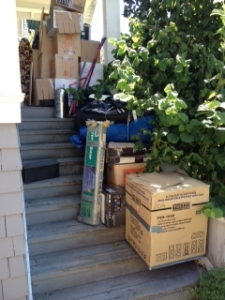How To Organize Your High-Tech Self
Do you feel like technology changes faster than you can change your underwear?
Do you feel overwhelmed by the number of emails, texts and calls?
How is a person to keep up and keep it all “together”?
Take a ‘byte’ out of personal systems overload and watch this short video on “How To Organize Your High-Tech Self
Then read on to get Getting It Togethers’ Top 5 Simple Tips
TIP #1 – Do not and I repeat – do not – answer your phone unless you can talk and/or fulfill any tasks that might come from the conversation. That means if you are in the shower, bathroom, having dinner or in a coffee line – the calls can wait. Voice mail is your friend. People everywhere feel like they’re working harder and achieving less. The discipline of checking voice mail can therefore give you the boundaries you need to put some personal sanity back into your harried day. So savor that meal. Enjoy that conversation. Respect your family. The personal dividends repaid for not answering every call far outweigh the ‘just in time’ panic cultivated by a cluttered life.
TIP #2 – Text and or ‘crack berry’ when you’re in private. Enjoy the moment and the people you are with while you are with them. I know what you are thinking, “yeah, but what does she know about my life and business? I have to answer all calls and texts.” That’s fine. But do it in private. Make the people you are with feel important and special. Business is about relationships. If you can’t respect the time of the people you’re with, how can they respect you? Family and friends want to feel important too! Set aside specific times when you return texts, emails and calls and watch your productivity soar.
TIP #3 – Be selective as to what you forward. You might think the email is funny but will the recipient? Ask in advance if they would like to receive jokes etc. Your friends, family and co workers might be trying to cut down on the clutter in their inboxes, too!
TIP #4 – Spell check was invented for a reason. Use it even if the email is to a friend or family member and especially in all work related correspondence.
TIP #5 – Turn off all electronic messaging devices in meetings, while having dinner with family and friends, sleeping, working on your A priorities, in a movies or public places. I bet you would hate for the phone to ring if you were a guest speaker at an event or trying to watch a movie while on a date. While you’re at it, use a “normal” ring tone. Nothing is more annoying than a quirky ring tone and hearing several of them at once.
PS: I once read an article on the top 5 ways to keep your kids off drugs. One of the five was to not use your device (be glued to it) while with them. I think this encourages you to be engaged with the kids, listen better, not get distracted and lets the children know they are important and special.
If you would like to know the other 4 ways to keep your kids off drugs give me a call.
Book today at www.gettingittogether.ca

